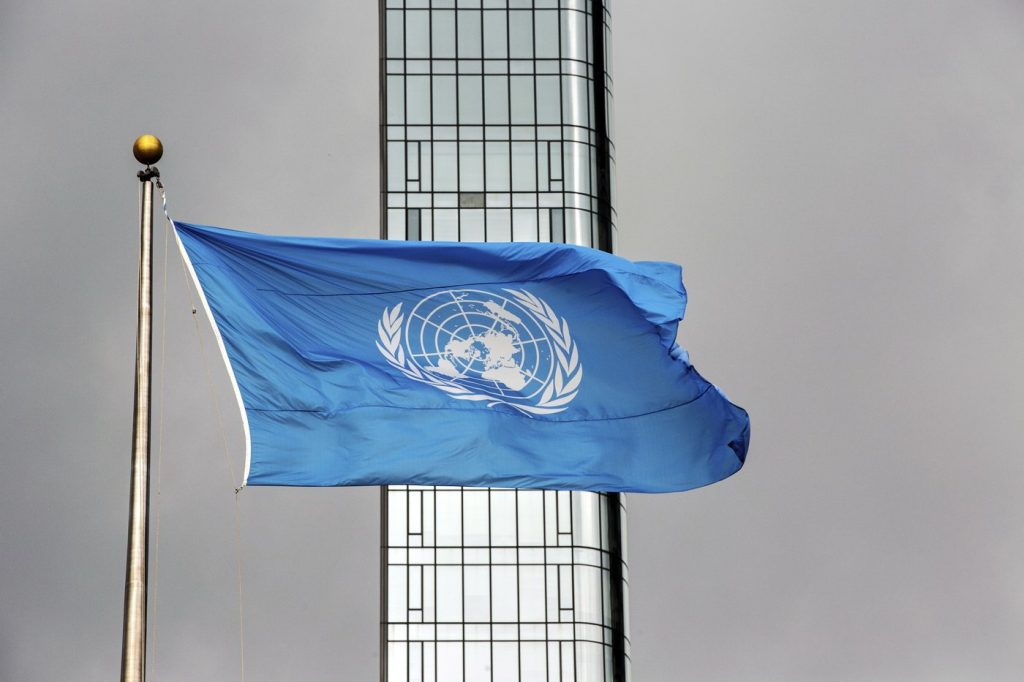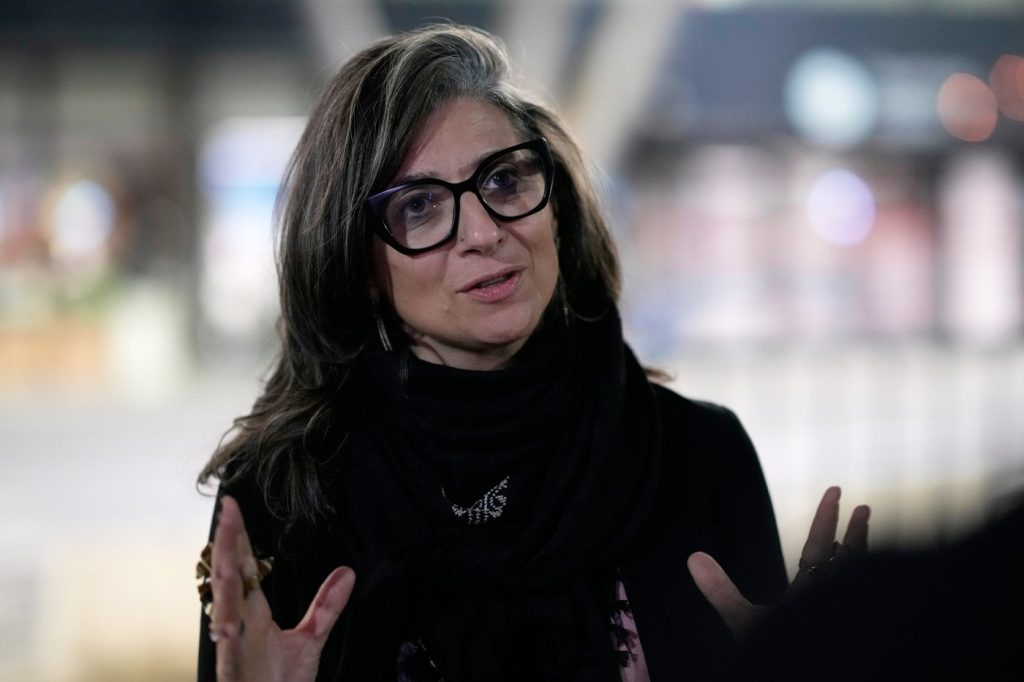The International Criminal Court (ICC) has raised concerns over the ongoing war crimes and crimes against humanity taking place in Sudan’s western Darfur region, where civil war has persisted for more than two years. Nazhat Shameem Khan, the court's deputy prosecutor, provided a grim assessment during a presentation to the U.N. Security Council, citing an "intolerable state" of humanitarian crisis driven by escalating famine and targeted attacks on hospitals, humanitarian convoys, and vital civilian infrastructure.
Khan highlighted the severe conditions faced by the population, stating that many are being deprived of basic necessities such as water and food. She also pointed out the alarming rise in sexual violence, which is being used as a weapon in the ongoing conflict. Additionally, abductions for ransom and to recruit fighters into armed factions have become increasingly common in the beleaguered region. Khan warned the Security Council that the situation could deteriorate even further, urging immediate attention to the plight of the affected people.
The conflict in Sudan erupted in mid-April 2023, following long-standing tensions between the military and paramilitary leaders in the capital, Khartoum, spreading to other regions including Darfur. U.N. agencies report that approximately 40,000 people have been killed and nearly 13 million displaced, with many fleeing to neighboring countries.
In January, ICC Chief Prosecutor Karim Khan informed the Security Council of credible evidence suggesting that both the Sudanese government forces and the paramilitary Rapid Support Force (RSF) may be guilty of committing war crimes, crimes against humanity, or even genocide in Darfur. Just before leaving office, the Biden administration labeled the actions of the RSF and its affiliated groups as genocide.
Currently, Karim Khan has temporarily stepped down from his position as ICC chief prosecutor while facing an investigation linked to allegations of sexual misconduct, which he has denied outright. Meanwhile, deputy prosecutor Shameem Khan indicated that the ICC has been diligently monitoring the grave situation in North Darfur, particularly in the capital El Fasher, which is currently under siege by RSF and their partners. The RSF, which has taken control of the capitals of the other states in Darfur, has also launched attacks on displaced populations living in famine-stricken areas, including Zamzam and other camps.
Shameem Khan informed the council that the ICC's position is clear: they have reasonable grounds to believe war crimes and crimes against humanity are both ongoing and being perpetrated in Darfur. This conclusion is based on a comprehensive collection of documentary, testimonial, and digital evidence gathered by ICC investigators over the past six months, including in refugee camps in nearby Chad, amounting to over 7,000 items of evidence thus far.
Shameem Khan reiterated the ICC's commitment to the situation in Darfur, describing it as "of the utmost importance," and affirmed that justice must be pursued against the perpetrators. Significantly, she mentioned the historical context of Darfur, recalling the genocide and war crimes that plagued the region over two decades ago, as the notorious Janjaweed Arab militias targeted populations identifying as Central or East African, resulting in up to 300,000 deaths and displacing over 2.7 million people.
Khan cautioned those currently perpetrating atrocities in Darfur, reminding them that, despite a perceived sense of impunity, leaders like Ali Kushayb from the Janjaweed are already facing trial. She emphasized that the ICC's efforts are concrete and significant, although she could not disclose specifics about the investigations or anticipated outcomes, adhering to a duty of confidentiality to the court.












